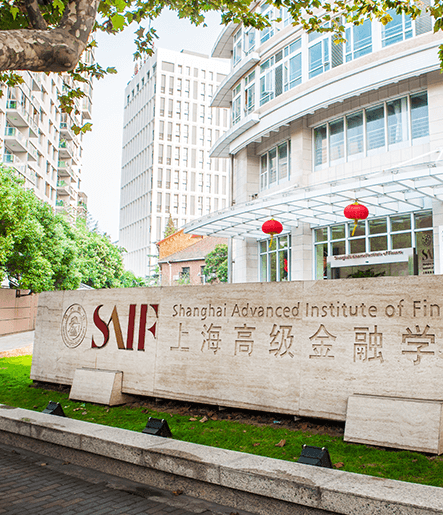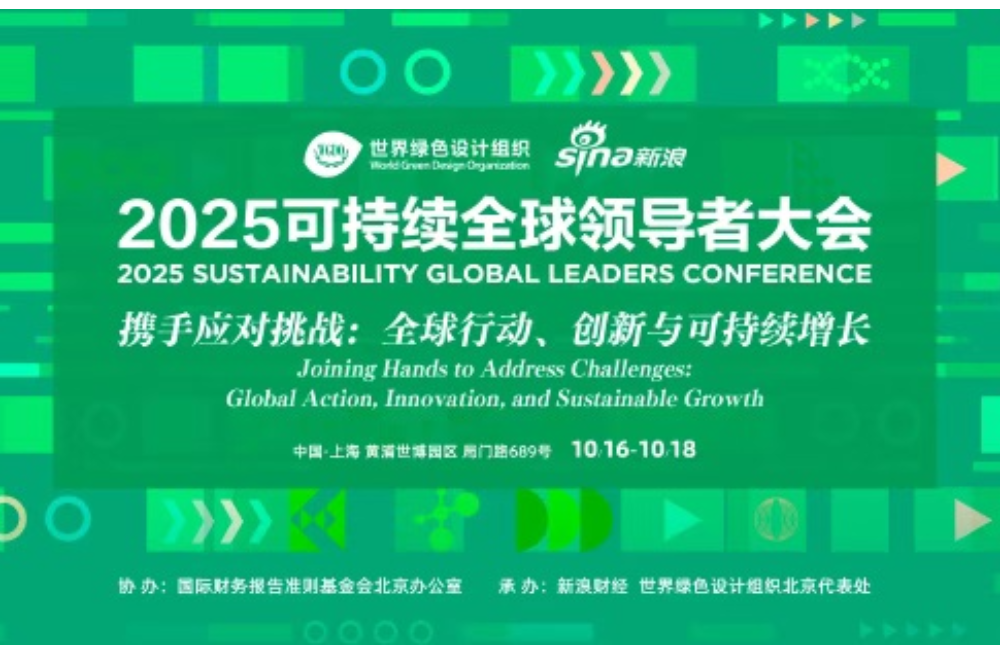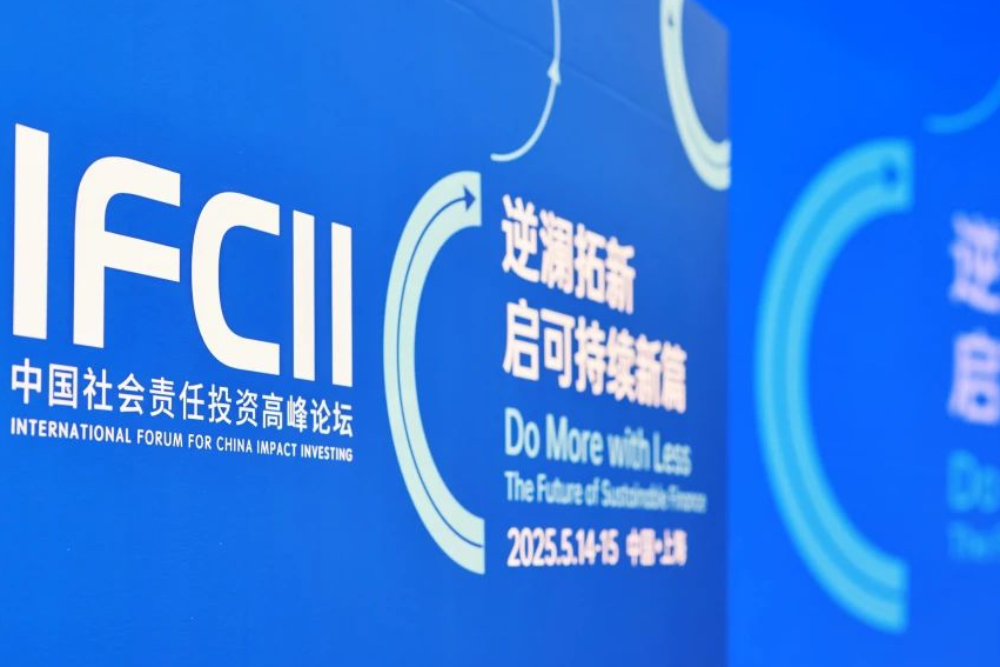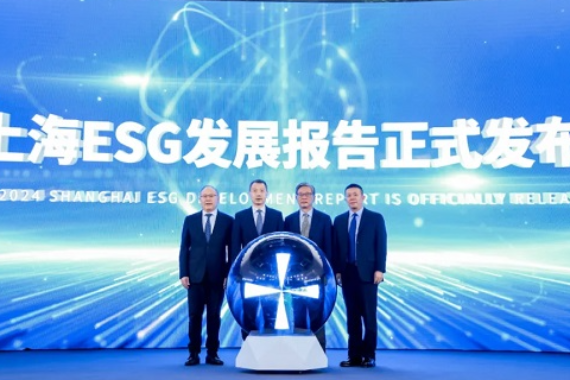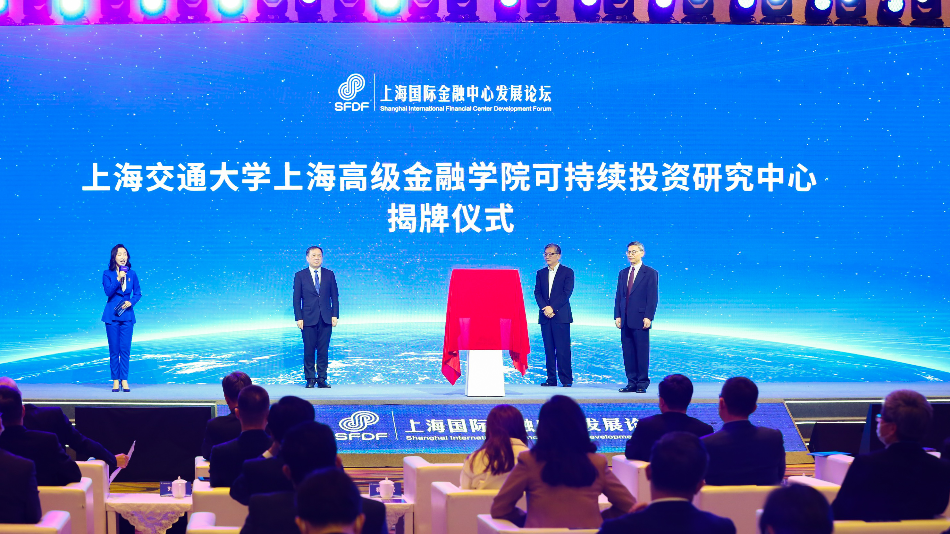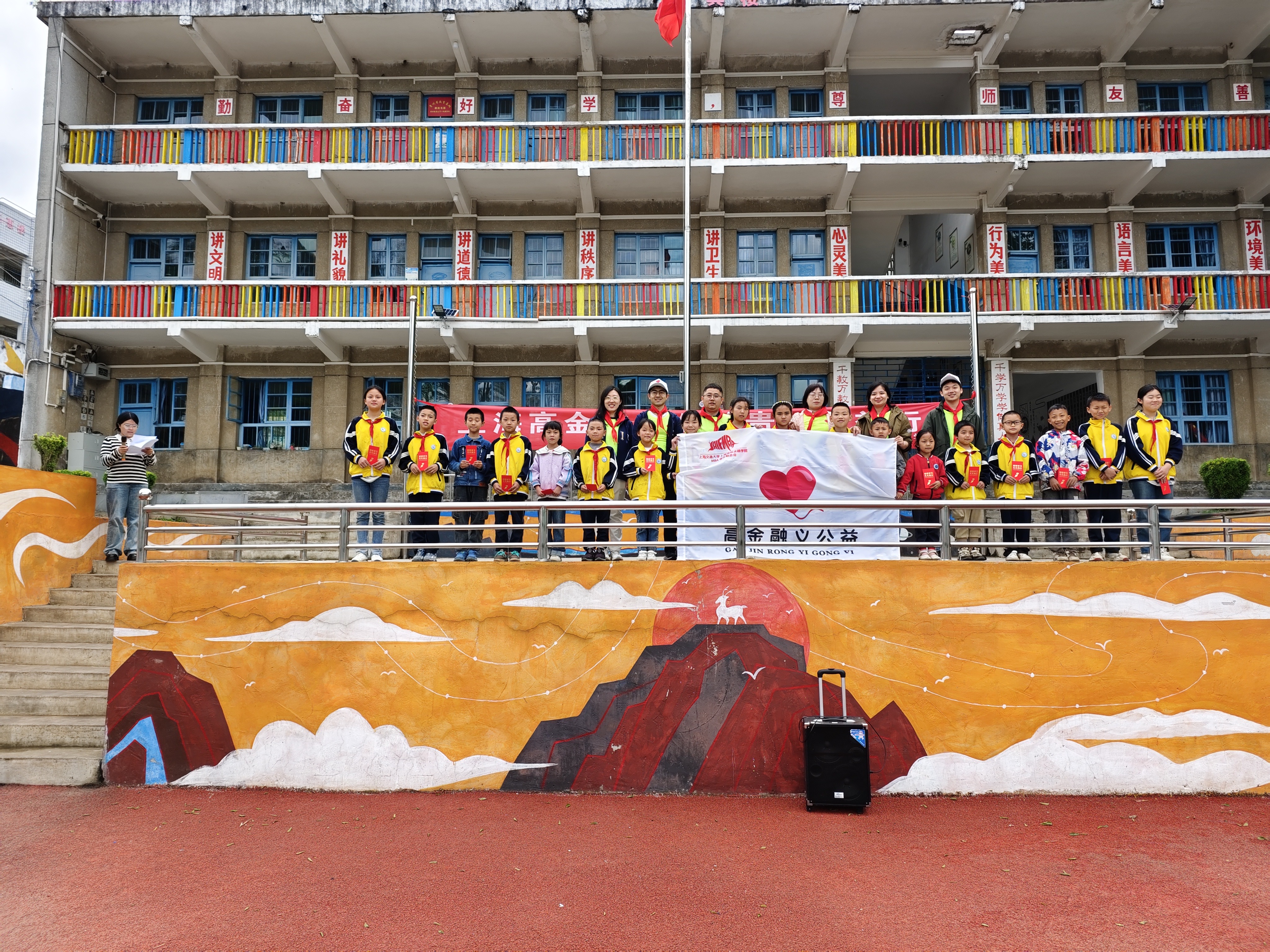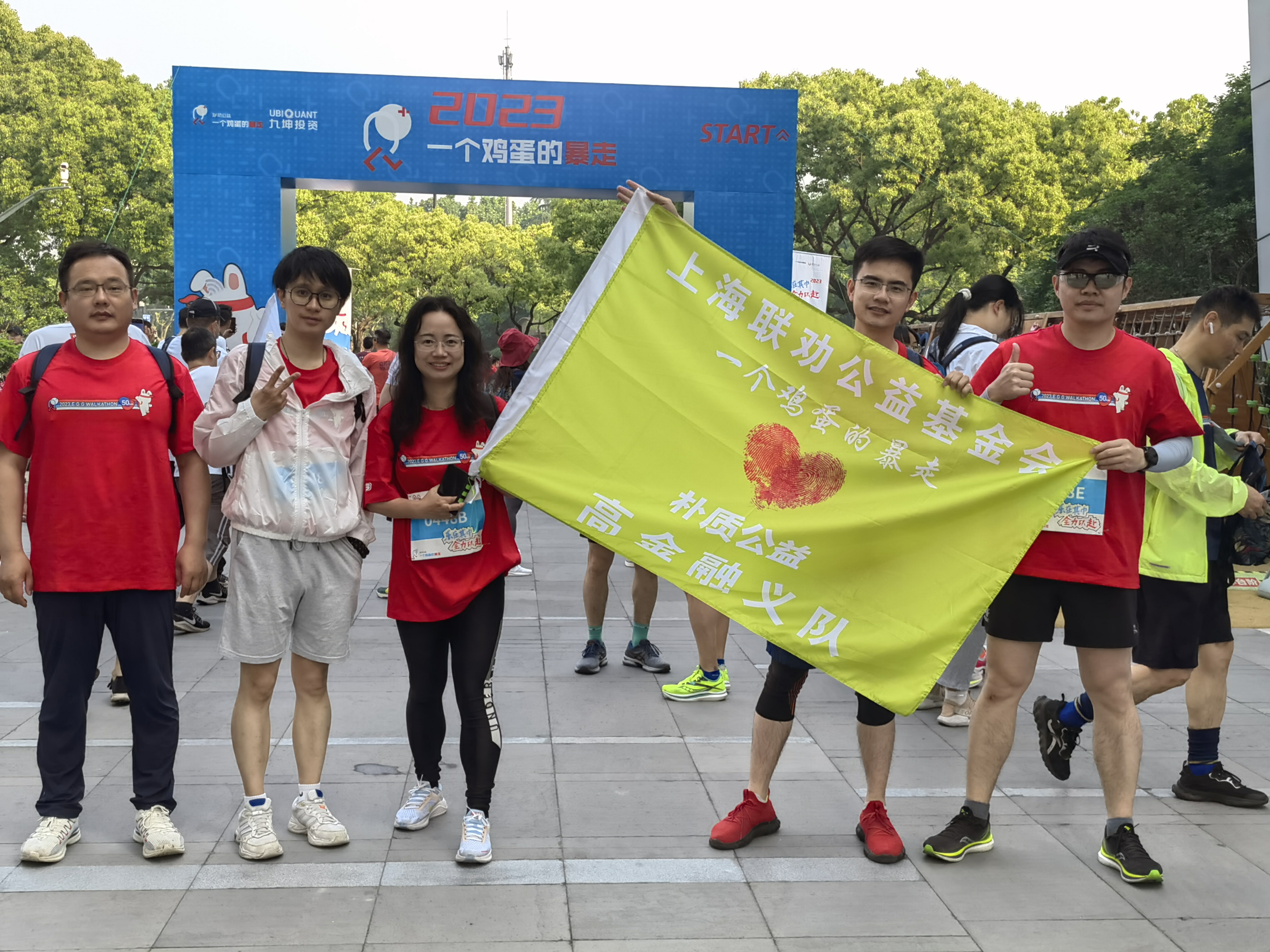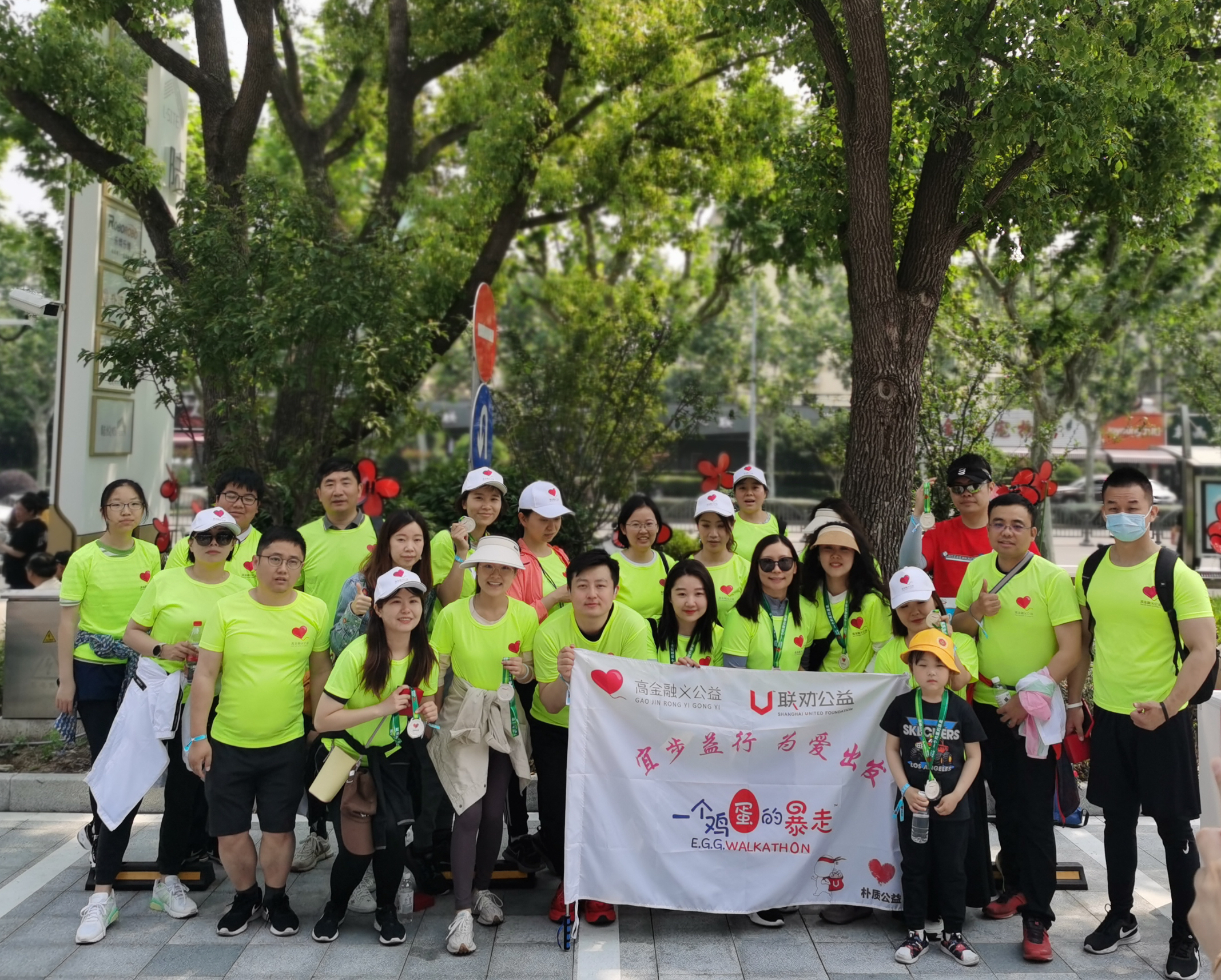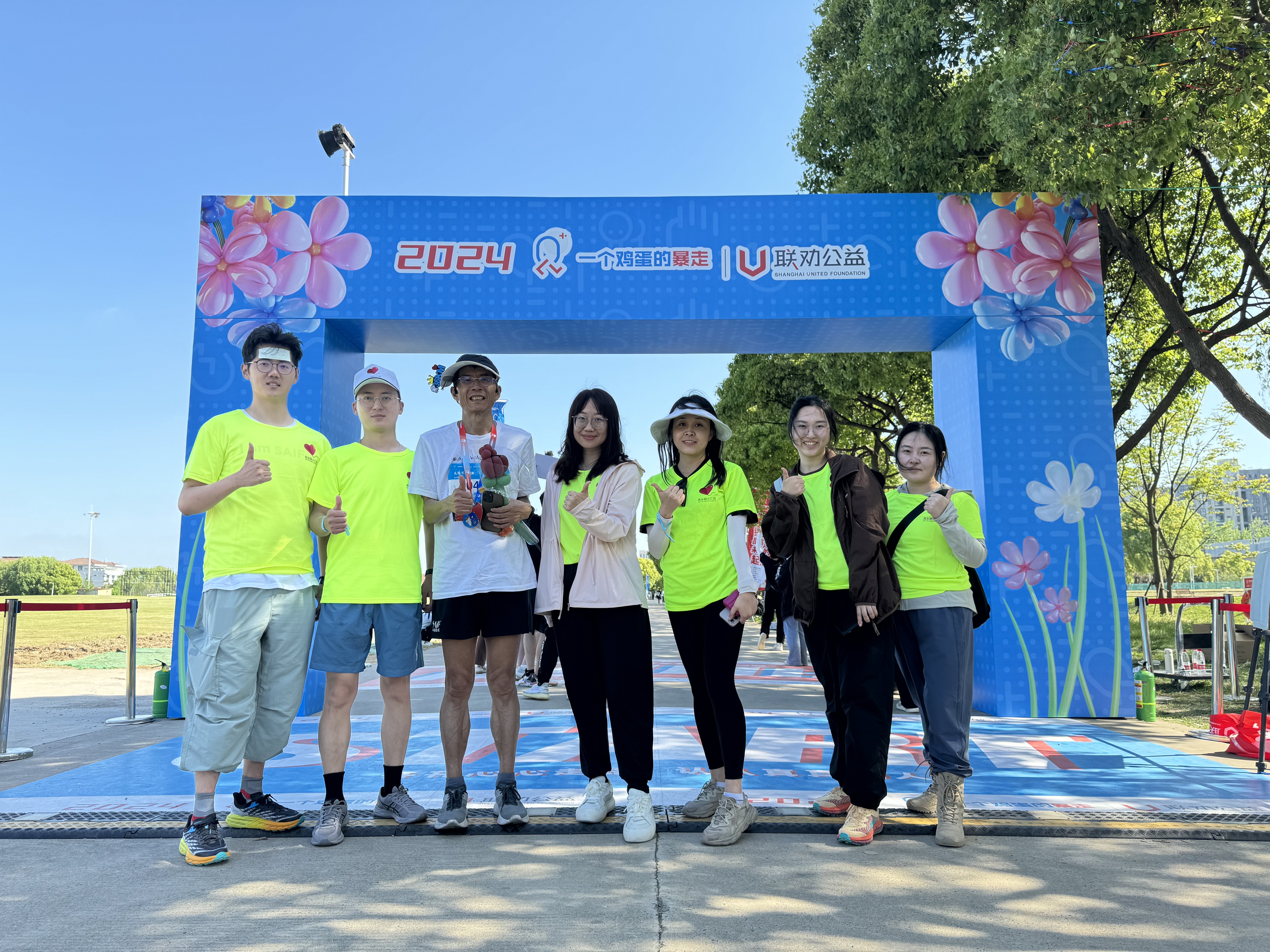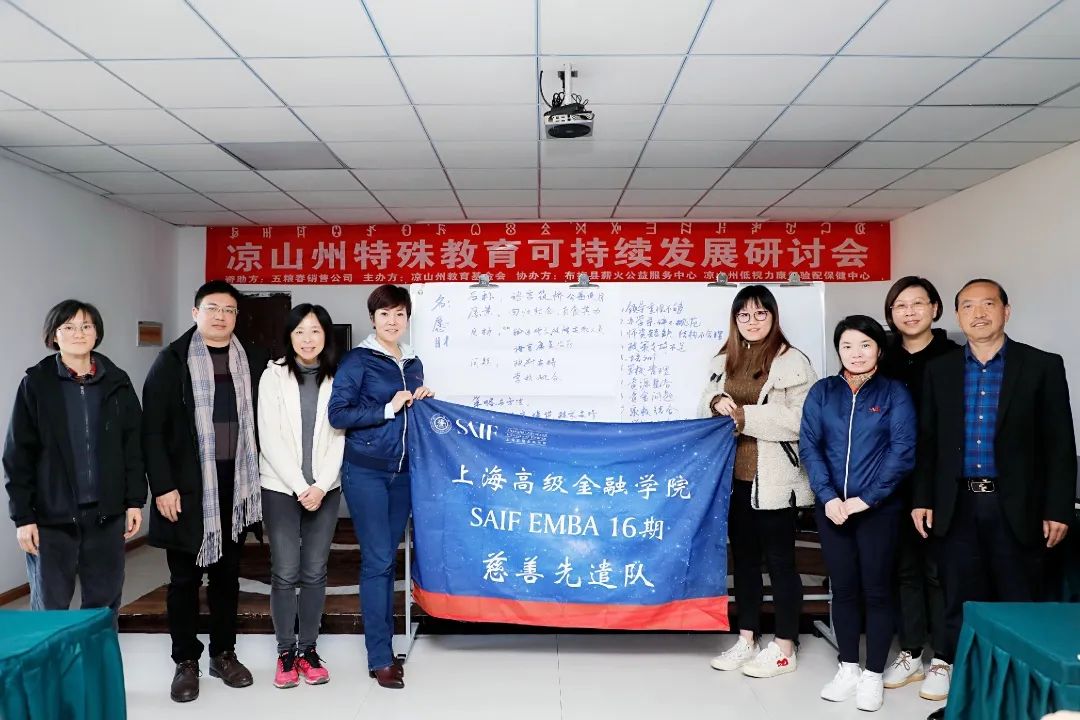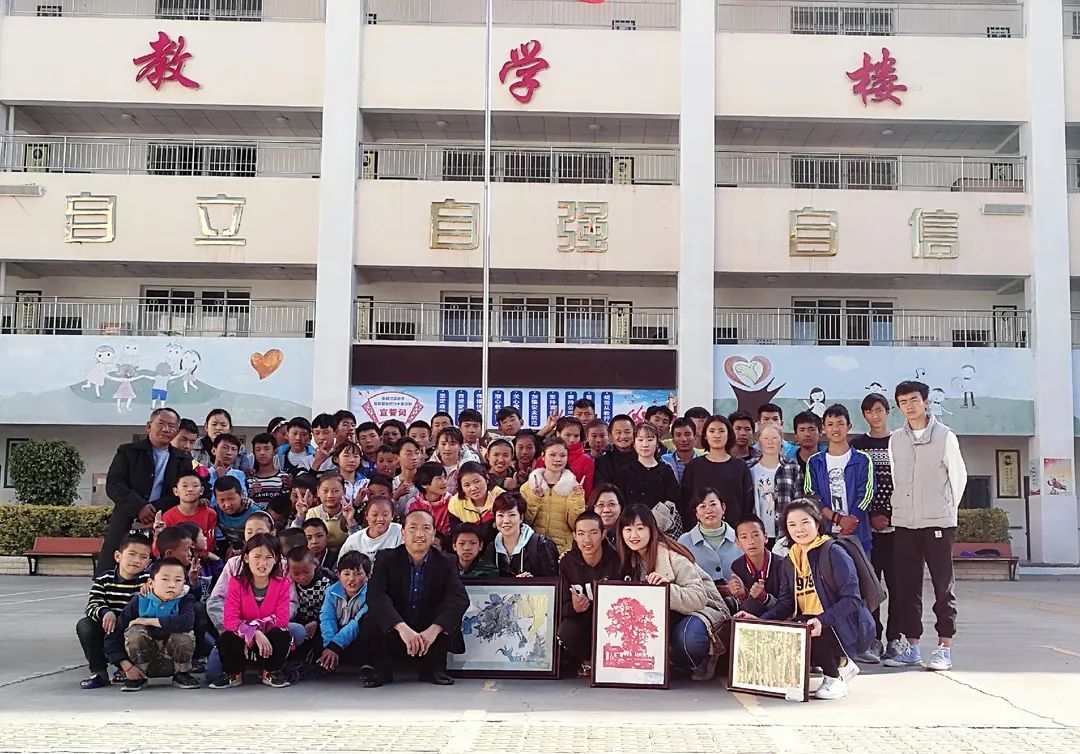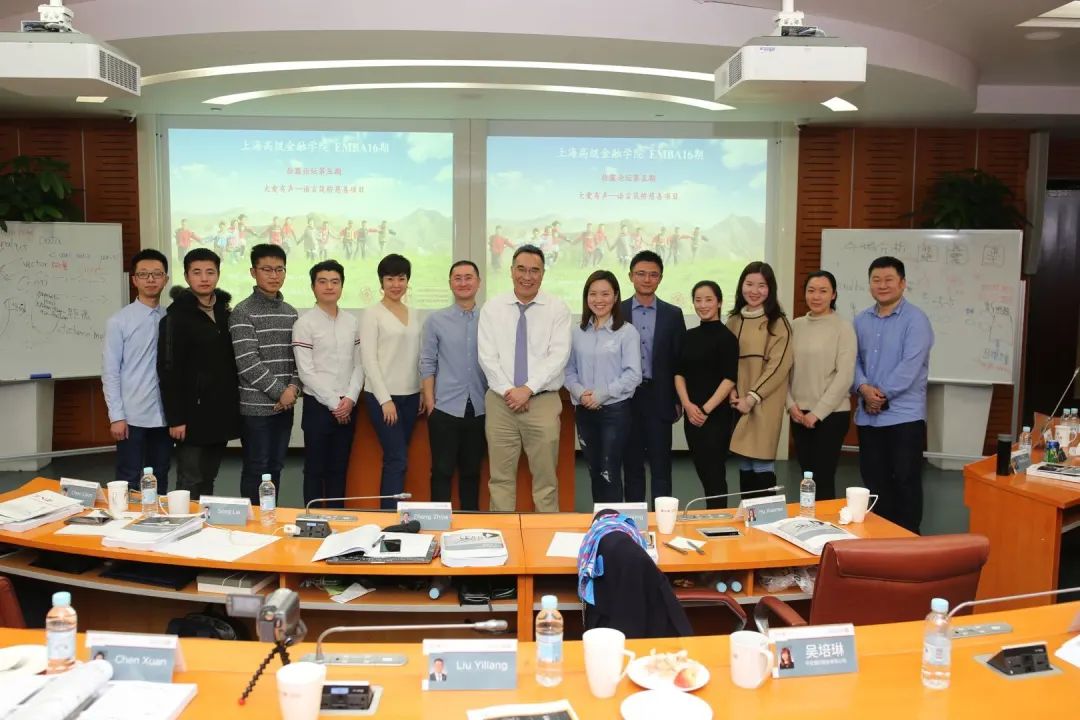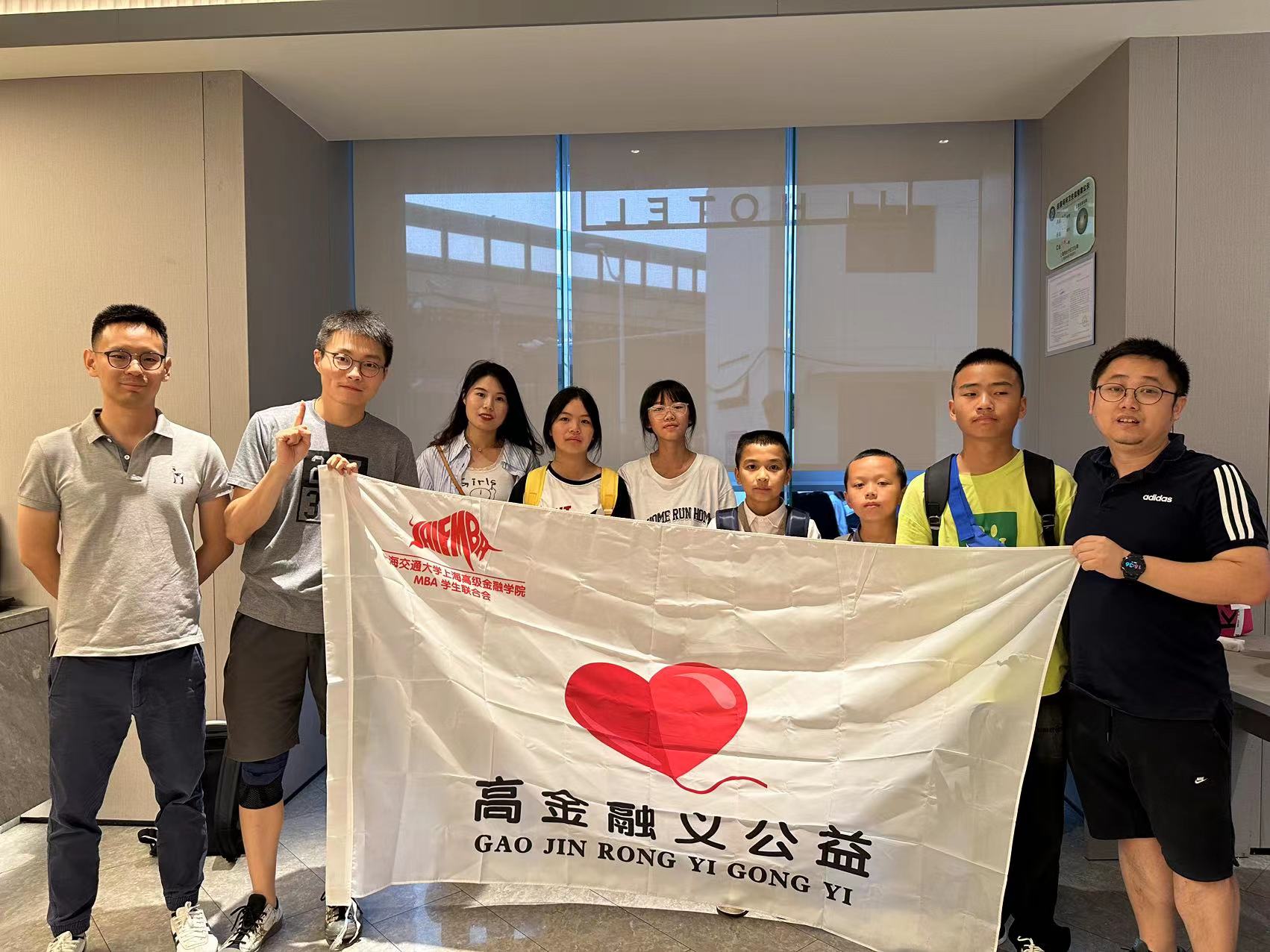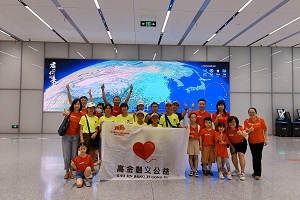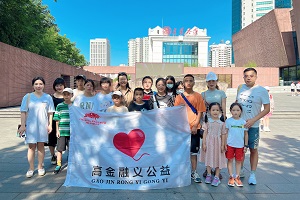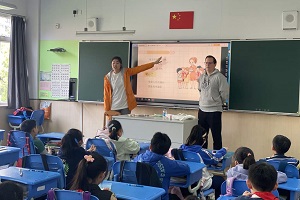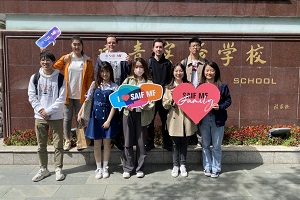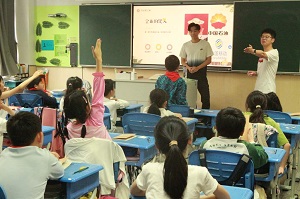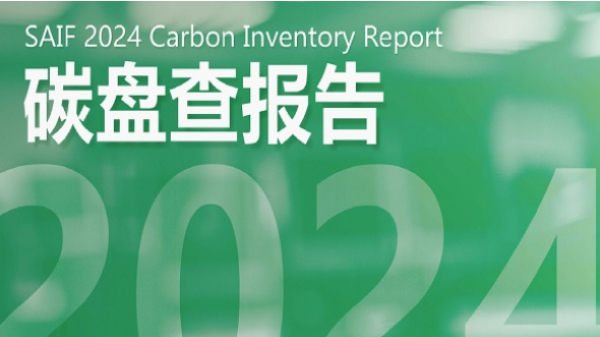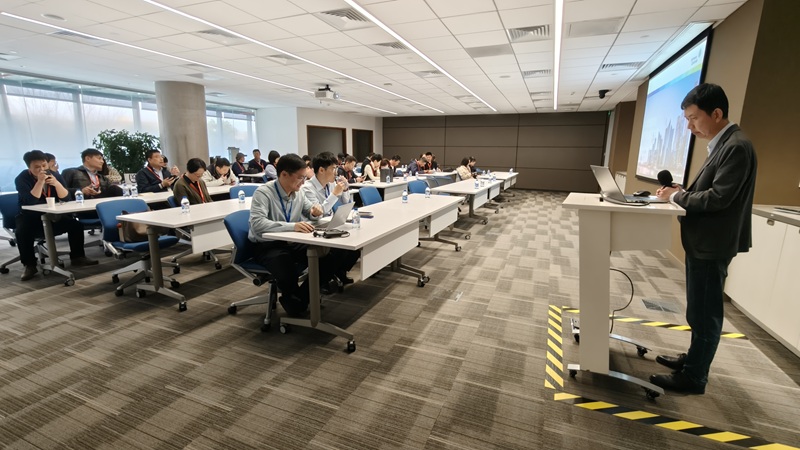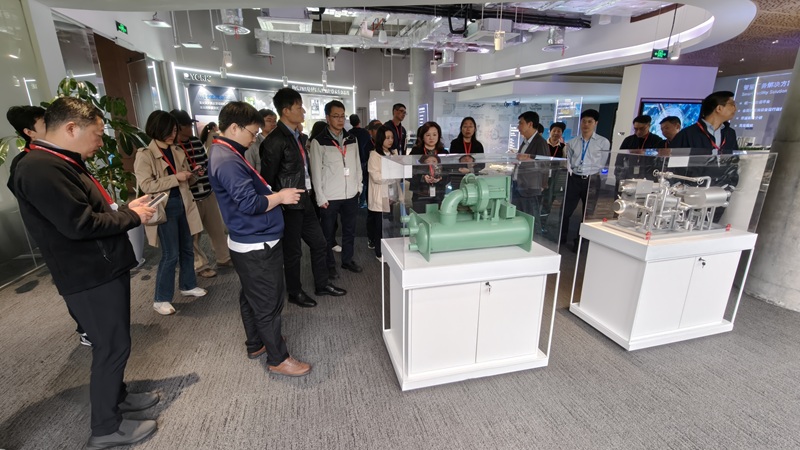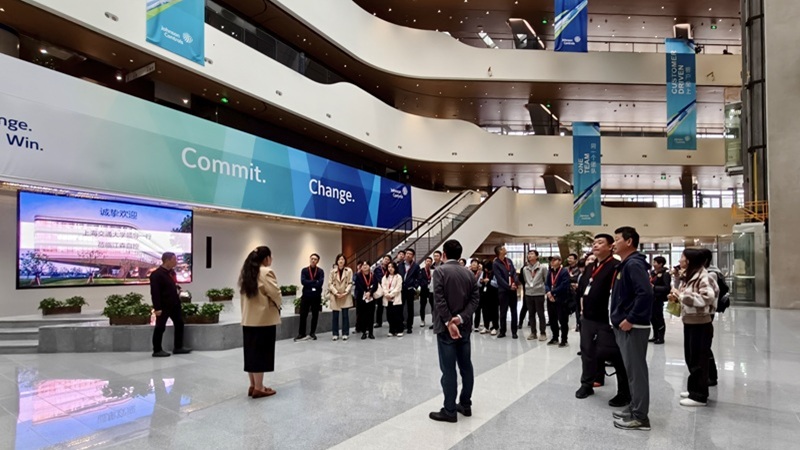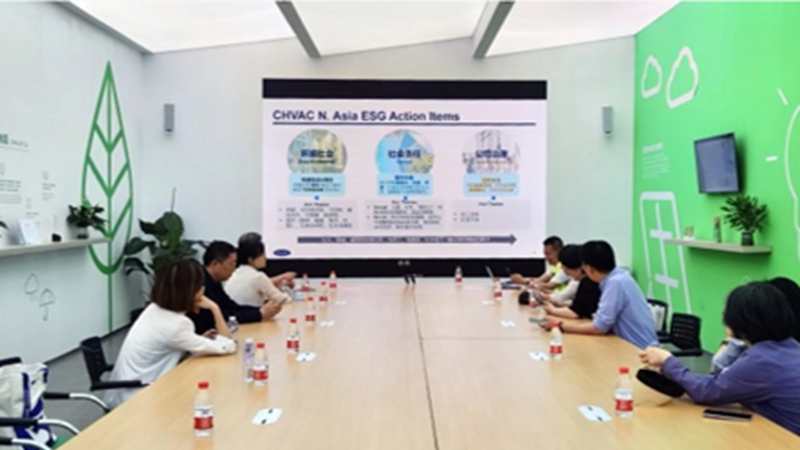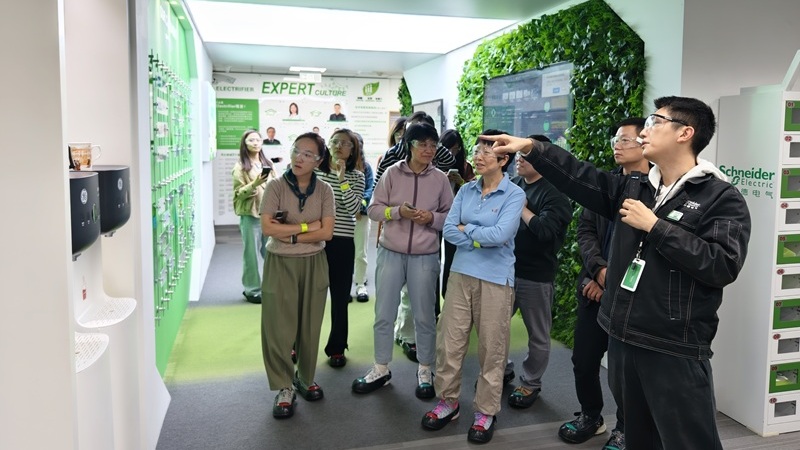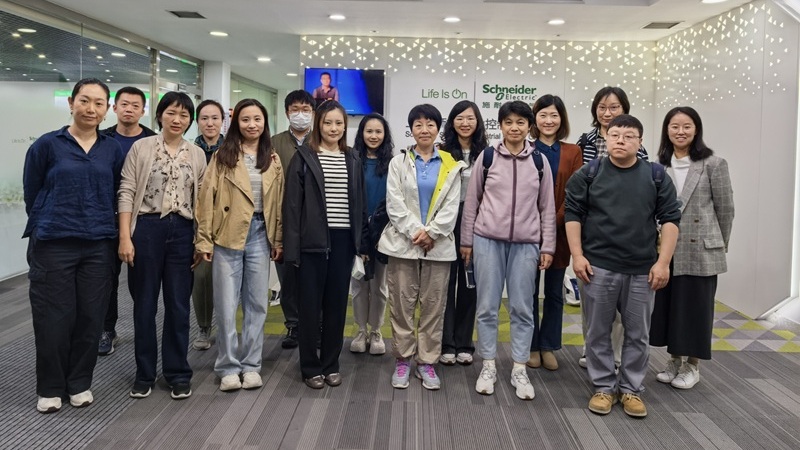Building Automation System
Measures: Automated system for controlling and regulating lighting, HVAC, etc. Automated system for controlling and regulating lighting, air conditioner, etc. to enhance energy efficiency., timing, fault monitoring, data analysis.
Lighting
Measures: Use energy-efficient, long-lasting LED fixtures to enhance energy conservation.
Energy Savings: Reduces electricity consumption by about 30%.
Microphone Battery
Measures: Upgrade classroom microphones to rechargeable lithium batteries, reducing dry battery use.
Energy Savings: Reduces dry battery consumption by about 40% monthly.
Air Conditioning
Measures: A spray water curtain system has been added to the air conditioning units to improve the operating conditions during extremely high-temperature weather, achieving energy-saving purposes.
Energy Savings: Air conditioning energy consumption in summer decreased by about 17% compared to the same period last year.
Intelligent Sensor Hand Towels
Measures: Through intelligent monitoring in the backend, the utilization rate of hand towels is improved and paper consumption has been reduced.
Energy Savings: Hand towel consumption reduced by approximately 25%.
Fast Charging Stations
Measures: Install new fast charging stations at the SAIF parking lot to encourage employees to use new energy vehicles.
School Vehicles and Parking
Measures: Replace the School’s long-term rental car from traditional fuel models to plug-in hybrids; add 2 fast chargers in the School parking lot to facilitate use by the rental car and staff EVs.
Waste Utilization
Measures: Establish a "One-Meter Garden" on the rooftop, using coffee grounds as organic fertilizer.
Energy Savings: Achieved reuse of organic waste.
![]() SAIF Sustainable Development Goals
SAIF Sustainable Development Goals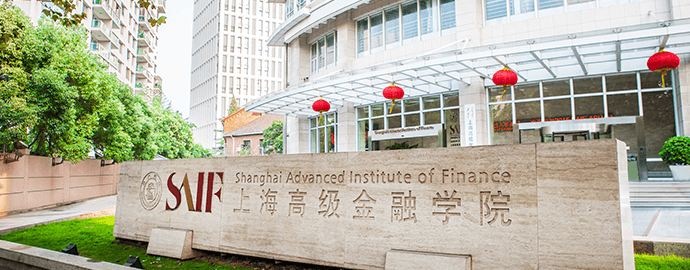
 Investigate low-carbon operations and establish an efficient carbon emissions management mechanism to consistently reduce carbon emissions and achieve carbon neutrality objectives.
Investigate low-carbon operations and establish an efficient carbon emissions management mechanism to consistently reduce carbon emissions and achieve carbon neutrality objectives. Develop a comprehensive Sustainable Finance curriculum that blends theory with practice to cultivate financial professionals cognizant of their global citizenship responsibilities.
Develop a comprehensive Sustainable Finance curriculum that blends theory with practice to cultivate financial professionals cognizant of their global citizenship responsibilities. Provide academic and thinktank support for national sustainable development strategies and amplify SAIF's societal impact in the realm of sustainability.
Provide academic and thinktank support for national sustainable development strategies and amplify SAIF's societal impact in the realm of sustainability.









